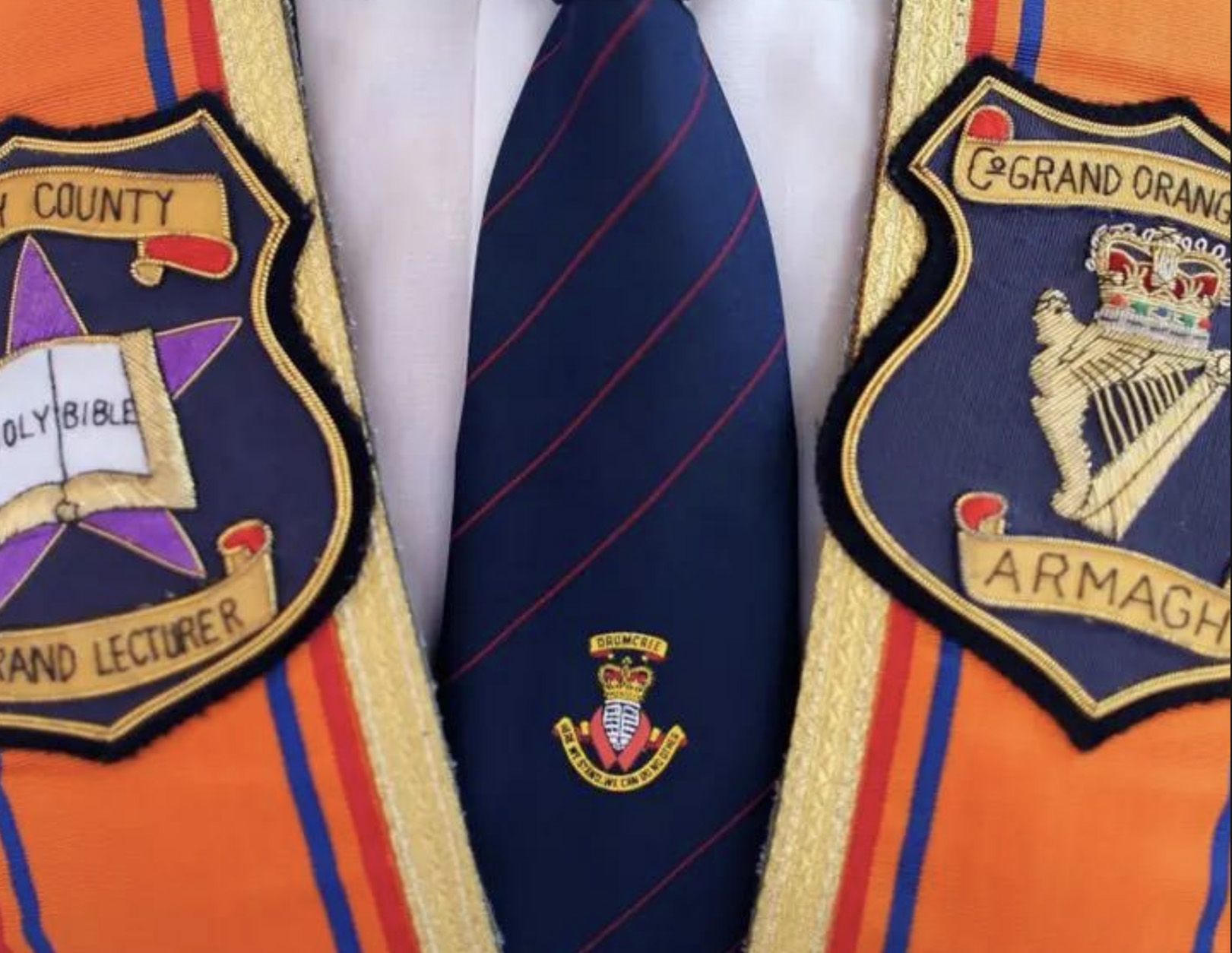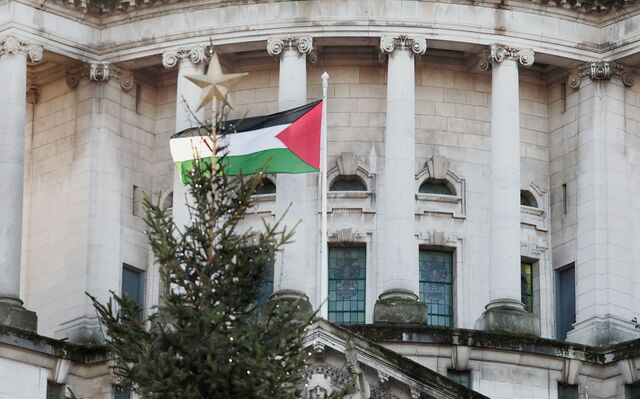THE very significant fall in the number of people taking part in this year’s Twelfth of July ‘celebrations’ is a welcome indicator that the grip that the Orange Order had for decades on life in the North is continuing to loosen. But more importantly, it presents the leadership of the institution with a very simple choice: reform or continue along the slow road to oblivion.
The two-year hiatus in parading has doubtless taken a toll on the numbers, but there’s little doubt that the ageing demographic of the Order’s core support is continuing to play its part, as has the Order’s inability to attract new and young members in any great numbers. But if the ever-dwindling membership is a cause for concern, the contiguous drop in the number of followers and spectators to be seen this year will be an even bigger worry. And with the Orange Order run – as it always has been – by dull old men, it plainly lacks the ability to institute the root and branch reforms that are required to secure its future. In any other organisation, a fall-off in interest would lead younger, more enlightened or progressive figures from within to agitate for change, but as we continue to witness year in and year out, there are no younger, more enlightened or progressive figures within the Orange Order to bring about the kind of modernisation it needs.
Indeed, those at the head of the Orange Order and who provide its public face would not be out of place in a black-and-white Pathé reel of a parade from the 1930s.
Generally speaking, the behaviour of the Orange Order membership is a lot less confrontational and in-your-face than many of those who claim to be its followers and supporters (that revolting recent footage of Orangemen revelling in the brutal murder of Michaela McAreavey notwithstanding). Once again this year we have witnessed division and tension around the issue of bonfires, with some truly sickening sectarian, sexist and misogynistic abuse appearing in certain areas. The Orange Order claims to have nothing to do with such behaviour, and that may technically be true, but in making that defence the institution is attempting to have its cake and eat it. Because even as it distances itself from the bonfires as and when it suits, it claims all related activity in the summer under the umbrella ‘Orangefest’ term.
Just as large sports clubs are nothing without their fans, so parades – any parades – are meaningless without spectators, and rather than wash their hands of the rougher elements of loyalist culture when it’s convenient to do so, the Orange Order should use its influence to bring them under control.
The split between the urban and rural Orange Order in terms of behaviour is well-documented, and it’s a split that the Order should examine and learn from to see if it can bring the more celebratory and restrained tone of the Donegal and Enniskillen parades, for instance, to the shrill, raucous – and shrinking – Belfast Twelfth.







